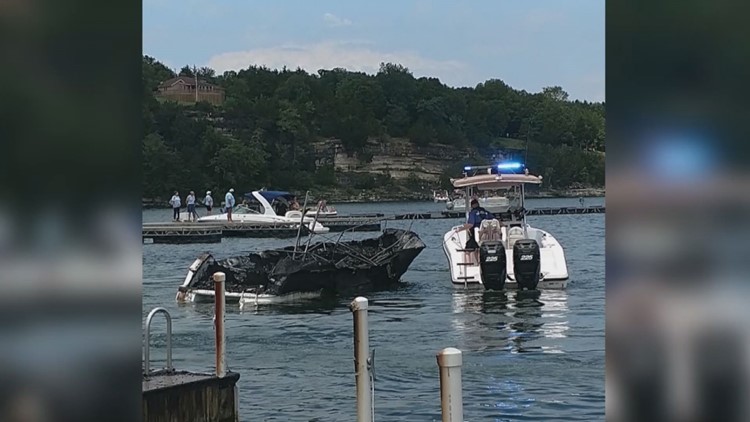

Permits, licenses, variances, or similar authorization may also be required by other Federal, state and local statutes. When in doubt as to whether a permit may be required or what you need to do, don't hesitate to call a district regulatory office.Īny person, firm, or agency (including Federal, state, and local government agencies) planning to work in navigable waters of the United States, or discharge (dump, place, deposit) dredged or fill material in waters of the United States, including wetlands, must first obtain a permit from the Corps of Engineers. You may receive helpful information at this point, which could prevent delays later. For a large or complex activity that may take longer, it is often helpful to have a "pre-application consultation" or informal meeting with the Corps during the early planning phase of your project. Since three to four months is normally required to process a routine application involving a public notice, you should apply as early as possible to be sure you have all required approvals before your planned beginning date. When a general permit does not apply, you may still be required to obtain an individual permit. Check with your Corps district regulatory office for information on general permits. The Corps has many general permits, which authorize minor activities without the need for individual processing. It is possible you may not have to obtain an individual permit, depending on the type or location of work. Why do I have to get a permit from the Corps? I have obtained permits from local and state governments. The Corps will endeavor to give you helpful information, including factors, which will be considered during the public interest review, and alternatives to consider that may prove to be useful in designing a project. To avoid unnecessary delays pre-application conferences, particularly for applications for major activities, are recommended. When a permit is denied, an applicant may redesign the project and submit a new application. Those few applicants who have been denied permits usually have refused to change the design, timing, or location of the proposed activity. Why should I waste my time and yours by applying for a permit when you probably won't let me do the work anyway? So, before you build, dredge or fill, contact the Corps district regulatory office in your area for specific information about location, exemptions, and regional and nationwide general permits. Another possibility for minor activities is that a Nationwide or a Regional General Permit may have authorized them. Also, it is possible that your activity is exempt and does not need a Corps Permit. In the vicinity of fresh water, stay above ordinary high water and avoid wetlands adjacent to the stream or lake. If your activity is located in an area of tidal waters, the best way to avoid the need for a permit is to select a site that is above the high tide line and avoids wetlands or other water-bodies. How can I design my project to eliminate the need for a Corps Permit? It could save a lot of unnecessary trouble later. When in doubt as to whether a planned activity needs a permit, contact the nearest district regulatory office. Corps surveillance and monitoring activities are often aided by various agencies, groups, and individuals, who report suspected violations. You would be in violation of federal law and could face stiff penalties, including fines and/or requirements to restore the area.Įnforcement is an important part of the Corps regulatory program. Performing unauthorized work in waters of the United States or failure to comply with the terms of a valid permit can have serious consequences. What will happen if I do work without getting a permit from the Corps? Information about the regulatory program is available from any Corps district regulatory office. How can I obtain further information in reference to permit requirements?


 0 kommentar(er)
0 kommentar(er)
